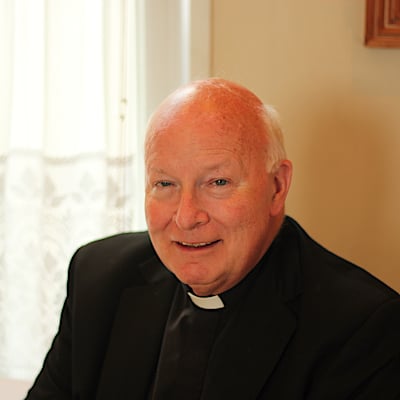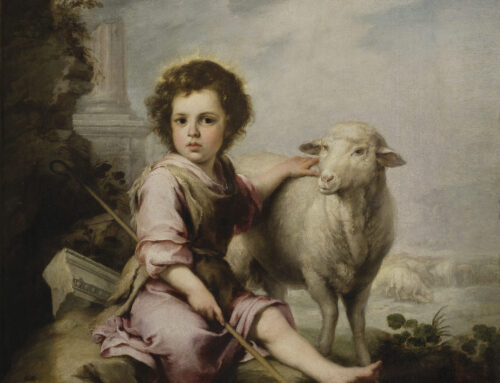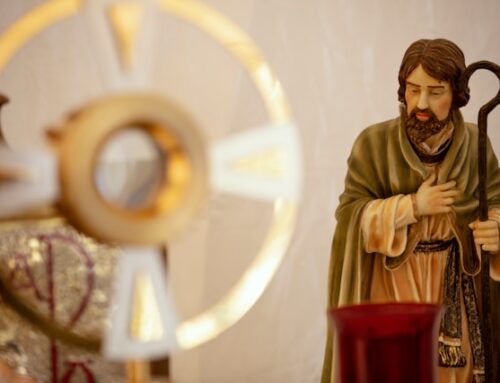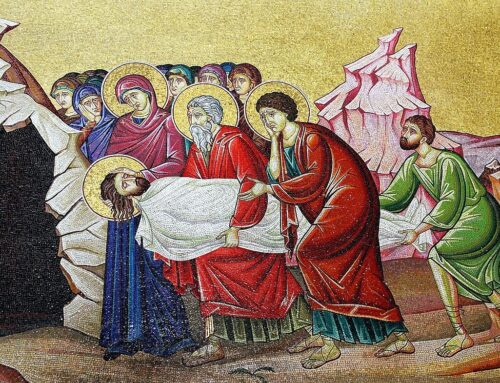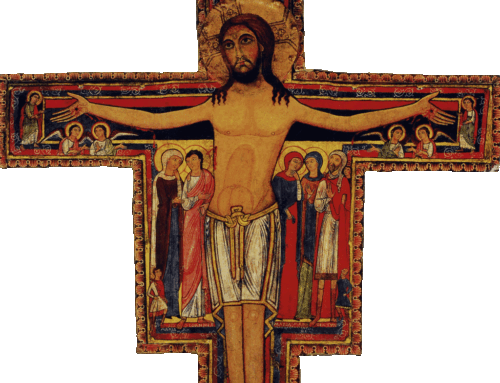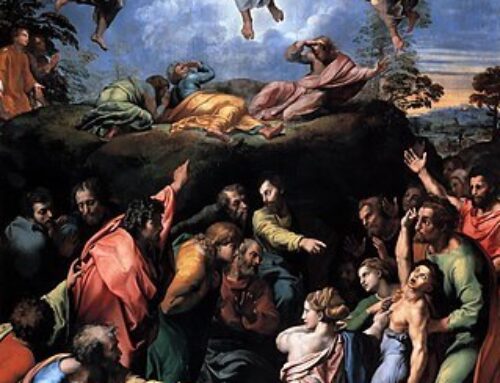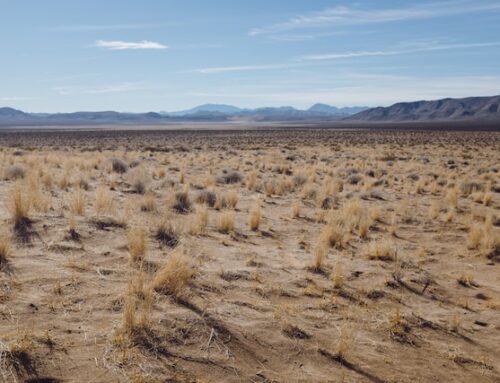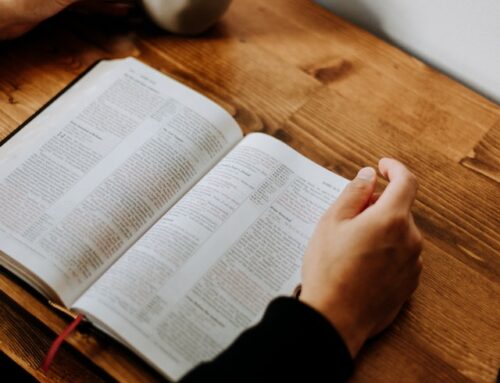Not Survival But Prophecy
The headline news last week was that, according to figures published by the Office for National Statistics, it was found that, in England and Wales, 46.2 per cent (or 27.5 million) people identify themselves as Christian. This means that the proportion of people who identify as Christian has fallen below half for the first time.
The other statistic from the census shows that 37.2 per cent of people classify themselves as belonging to no religion at all. These are sometimes referred to as the “nones”. I am sure these figures come as no surprise to us. You could look on these figures with dismay or you could see them as a challenge for us. Just because we have over 600 people coming to church at St Thomas each Sunday this should not lead us to say “we are OK”.
It is essential that we support and nurture one another in our faith, in our relationship with God through Christ as we pray and celebrate the sacraments but we do need to ask, “What are we doing to reach out to those who are not Christian and to those who see themselves as “nones?”. This is the challenge for us, not only here in Canterbury, but it is a challenge for the whole Church.
This reminds me of a quote from the monk and writer Thomas Merton; “The great problem for the church today is not survival but prophecy.”
Today in the Gospel we meet the figure of John the Baptist who was seen as a prophet. He was attracting people from Jerusalem and all of Judea who were travelling great distances to hear him. They were drawn by his message, his call; “Repent, for the kingdom of heaven has come near.” As a prophet he pointed away from himself to Jesus. He was a signpost showing the way to the one who will “baptise with the Holy Spirit and fire.”
In our baptismal rite, after the priest or deacon has baptised the infant, he anoints the child’s head with Chrism oil saying these words; “The God of power and Father of our Lord Jesus Christ anoints you with the chrism of salvation so that united with his people you may remain forever a member of Christ who is priest, prophet and king.” So, we are all to be prophets.
We need to discover ways that we can be prophets today. Just as John pointed to Christ when he said there is one coming after me is more powerful than I am, so we need to discover the ways in which we point to Jesus.
Like John we need to challenge ourselves and others to change, to choose a new way of life. Advent is a time to reflect on the ways we need to change, to repent, so that we can become more effective voices in moving others to change their lives and meet Christ.

